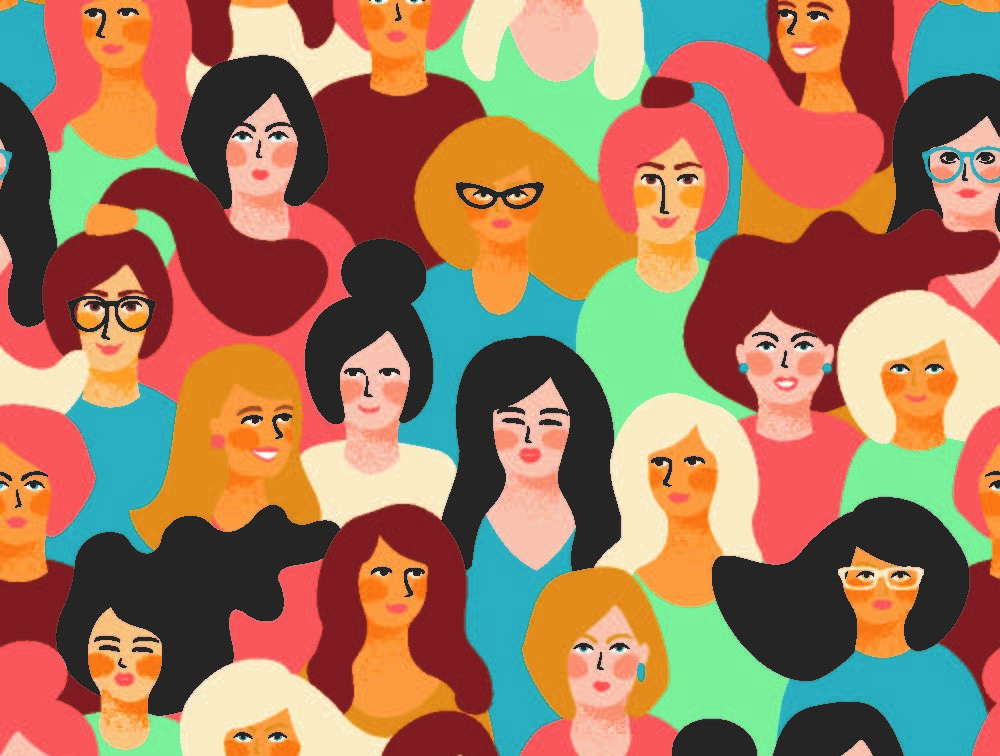
In the globalized economies and increasing migration flows, women’s roles continued to be poorly understood given the conventional images of left-behind women and trailing spouses. Policies remain divided in addressing women’s tied migration, circular migration, and return migration, and most studies have focused on their migration experiences and remittances.
Limited attention has been paid to women’s workplace and family roles that change simultaneously in the processes of migration. This project will address the research gap and examine women’s mobility as a combined consequence of micro-level individual and family strategies and macro-level migration policies.
This project adopts a comparative approach to examine women’s mobility in work and family spheres in mainland China, South Korea, Singapore, Taiwan, Hong Kong, Japan, and other Asian societies. These societies have long-standing patriarchal or Confucian traditions, and women have embraced greater spatial and social mobility not only in low-end domestic and service sectors but also in petty trade and small business. However, their earning capacity and autonomy may rise together with family conflicts and relationship troubles that undermine their wellbeing.
This collaborative project will use quantitative and qualitative data to examine and compare:
- Whether and to what extent women in various Asian societies have gained more flexible roles in internal and international migration, and
- Whether women’s increasing mobility in work and family spheres leads to greater independence or increases uncertainties and risks in their wellbeing and status.
The research team will disseminate their research findings through a journal special issue or a book. The findings will inform policy design and public discussion on women’s wellbeing and status in migration processes. By connecting women’s changing roles and capacities in both work and family spheres, this project will illustrate how women are empowered or disadvantaged in different migration processes.
Selected outcomes
- A panel titled “Gender, Work, and Social Mobility in Asia” at the Association for Asian Studies 2021 Annual Conference, 26 March 2021
- Women’s Mobility: Negotiating Work & Family Spheres in Asia, 11-12 March 2021, online event
- International Conference – Women’s Mobility: Negotiating Work & Family Spheres in Asia, 30-31 July 2019, CUHK
- Conference panel on “Women’s Mobility: Negotiating Work & Family Spheres in Asia” at the 5th Congress of Asian Association of Women’s Studies, 6-8 Dec 2019, Ewha Womans University